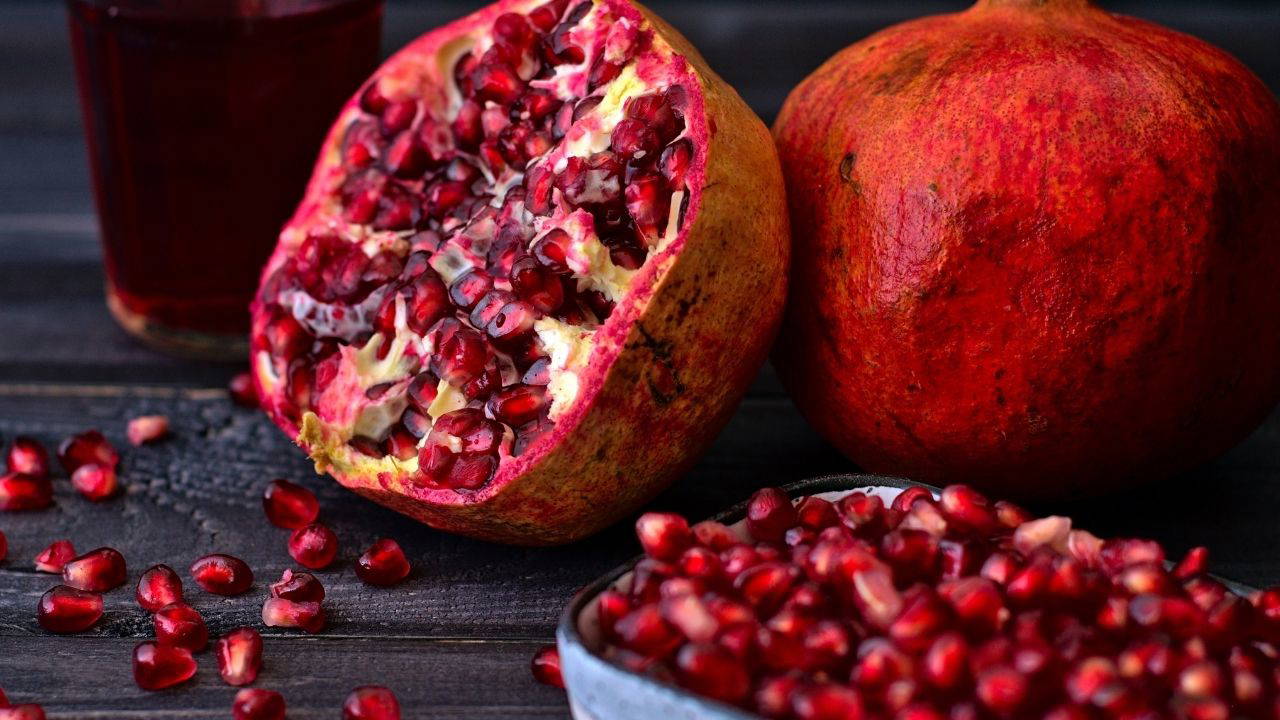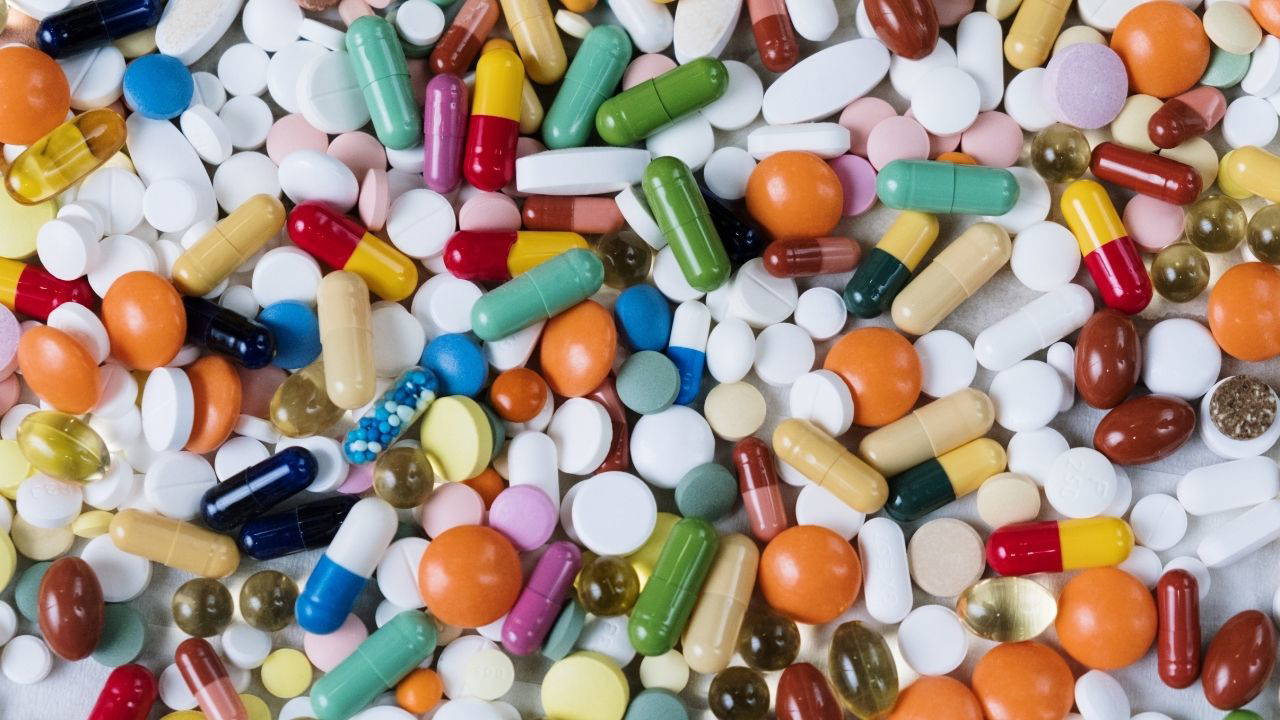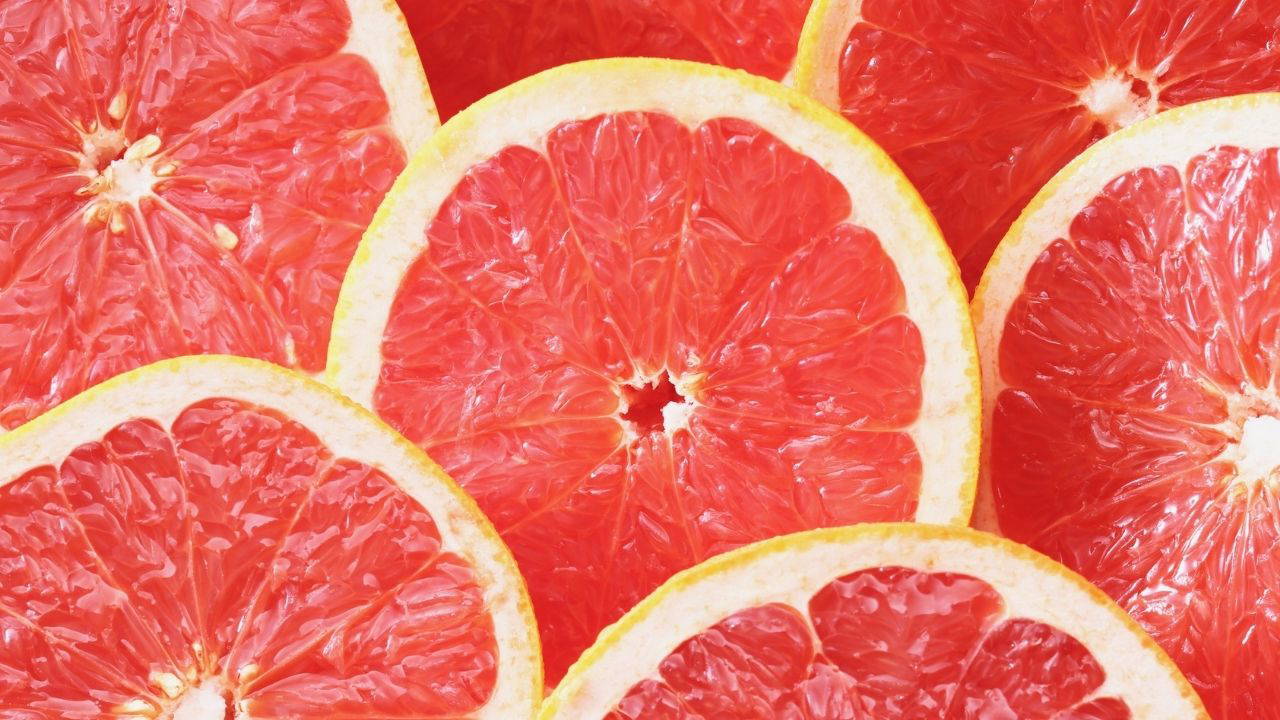What is known about food interactions with medications?

Doctors in the Indian state of Tamilnadu were initially baffled when a 46-year-old man went to the emergency room complaining of persistent erections. He had used sildenafil—the drug better known as Viagra—to treat his erectile dysfunction before having sex with his wife.
Despite taking the recommended doses, his condition persisted. Doctors later discovered that the man had consumed large amounts of pomegranate juice before intercourse. He received an injection to offset the effects and was advised to avoid pomegranate juice from now on.
Because the pomegranate juice had unknowingly potentiated the effects of the medication she was taking. This incident is just one example of how the foods we eat can interact with medications in unpredictable ways.

Medical literature contains numerous cases of foods and medications combining to produce strange or alarming side effects.
While most of these have been reported individually or in small groups, there is now a growing body of scientific studies explaining how foods, drinks, and herbs interact with medications in our bodies.
For example, grapefruit has long been known to enhance the effects of many drugs, increase the risk of side effects, or even make normal doses toxic.
Fiber-rich foods can reduce the effectiveness of some medications. Drugs typically go through decades of development and testing before being proven safe and effective before reaching the market. However, there are thousands of different medications on the market, and they can potentially be combined with millions of different foods.
Scientific reviews indicate that interactions between food and medications can pose a serious threat to safe and effective treatment.
Experts are just beginning to systematically track these interactions, and some even hope that by combining these drugs, they can be used more effectively than alone.

“Most medications are not affected by food,” says Patrick Chan, MD, a professor of pharmacy at Western University of Health Sciences in California.
However, Chan says there are certain medications that are affected by food, adding, "Those are the things we need to be careful about."
The U.S. Food and Drug Administration (FDA) and the European Medicines Agency require testing of how drugs are affected by food.
For this, subjects are given the drug either on an empty stomach or after a high-calorie, fatty meal.
This meal typically includes two slices of buttered toast, two slices of fried bacon, two fried eggs, some french fries and a large glass of whole milk.
But of course it's impossible to test every possibility.
Human metabolism is very complex, says Jelena Milešević, a researcher at the Center of Excellence for Nutrition and Metabolism Research in Belgrade:
"It's almost like a small factory; there are many inputs and many outputs."
Milešević, who researches how vitamin D interacts with drugs and, conversely, how drugs affect vitamin D, says that when all the chemical reactions of the body, food, and medicine come together, "a huge picture emerges, and it is very difficult to separate them from each other."
Food can affect medications in two ways: It can interact directly with the drug's active ingredient or it can change how the body responds to the medication.
Some food-drug interactions have been known since the 1980s.
Grapefruit and cranberryThe most well-known example is the interaction of grapefruit and grapefruit juice with medications.
Grapefruit interacts with cholesterol-lowering statins, nifedipine and felodipine used for high blood pressure, cyclosporine given to suppress the immune system after organ transplantation, and many other drugs commonly used worldwide.
Grapefruit also causes some medications to be absorbed more into the bloodstream, increasing the effects of the dose.

For example, this is seen in drugs such as artemether and praziquantel used in the treatment of malaria and antivirals such as saquinavir used in the treatment of HIV.
This is because it suppresses the enzyme called "cytochrome P450 3A4" which is responsible for the breakdown of drugs.
In this case, drugs can accumulate in the body and reach toxic levels.
The same goes for sildenafil, better known as Viagra.
"When this enzyme is disabled, drugs stay in the body longer and their concentrations can rise to very toxic levels," says Maria da Graça Campos, who directs the Observatory of Drug-Plant Interactions at the University of Coimbra in Portugal.
Additionally, fruit juices are generally more potent because, being concentrated, they contain more substances that interact with medications. Similarly, cranberry juice was previously suspected of interacting with warfarin, the active ingredient in some blood-thinning medications.
In numerous cases, the blood-thinning effects of warfarin have been observed to increase in patients who drank cranberry juice or consumed cranberry sauce from Thanksgiving dinner leftovers for days. However, clinical trials and systematic reviews have shown that moderate cranberry consumption does not interact with warfarin.
Still, it's striking that one of the most cited studies in this field was funded by a company that produces cranberry juice.
"Much of the literature consists of low-quality case reports that ignore obvious factors," says Anne Holbrook, director of clinical pharmacology and toxicology at McMaster University in Canada.
To achieve robust results, randomized clinical trials are needed in which one group of patients receives warfarin alone and another group receives both warfarin and standardized cranberry products, he says.
In 2011, the U.S. Food and Drug Administration removed warnings about cranberry from its medication guide for those taking warfarin.
However, the UK National Health Service (NHS) still advises that people taking warfarin should avoid cranberry juice.
Herbal teasSimilarly, licorice root interacts with certain medications by affecting the enzymes responsible for their breakdown. This applies to digoxin, used for heart disease, and some antidepressants. However, research shows that licorice root does not cause clinically significant side effects in most cases.
All this suggests that food-drug interactions shouldn't be understood as "all-or-nothing," according to Chan.
"We can't view drug interactions in black and white. Interactions can be mild, moderate, or serious."
In 2017, Graça Campos described a case in which a patient being treated for arthritis was hospitalized with severe pain and anemia.
The patient had also drank artichoke tea. Some substances in artichokes interacted with the arthritis drug colchicine and medications he was taking for diabetes and hypertension, causing a toxic buildup in his liver.
“The situation was really bad,” Campos says.
"Initially we thought he might need a liver transplant. It was too complicated."
The patient recovered spontaneously and completely. Herbal teas and extracts, while frequently used in traditional medicine, are not adequately monitored despite their powerful effects.

Likewise, turmeric and algae-based supplements can interact with some cancer drugs, causing extreme toxicity in the liver.
Turmeric may also increase the effects of blood thinners and diabetes medications.
St. John's wort flower extracts interact with antidepressants, some anxiety medications, birth control pills, and some chemotherapy drugs.
“It’s very important for people to understand that plants can also cause very serious interactions,” Campos says.
However, further clinical research is needed to see whether such interactions are persistent and widespread or isolated.
Consult a doctor for dosages.Interactions don't always make drugs stronger or more dangerous. Sometimes they can make them less effective.
The most well-known issue with warfarin is its interaction with vitamin K, which is abundant in green leafy vegetables.
Warfarin becomes less effective when combined with vitamin K. This doesn't mean patients should avoid green vegetables altogether, but treatment doses should be adjusted according to the individual's diet.
"If you eat a lot more green vegetables than I do, your doctor will probably increase your warfarin dose," Chan says.
Patients taking certain types of antidepressants (monoamine oxidase inhibitors – MAOIs) are generally advised to avoid fermented foods and aged cheeses, as these foods contain high amounts of tyramine.
MAOI medications reduce the body's ability to break down tyramine, which can lead to increased blood pressure.
Dairy products such as milk, yogurt, and cheese may block some antibiotics (such as ciprofloxacin and norfloxacin) from being absorbed in the digestive tract. This is called the "cheese effect."
Fiber-rich foods can act similarly, as molecules from dairy products or fiber "wrap" around drug molecules in the intestines, preventing them from passing into the bloodstream.
"The drug doesn't even pass into the blood because in the intestines, dairy molecules bind to the drug and it stays stuck in the gut," Chan says.
The solution is simple: Patients should consume dairy products 2-4 hours before or after the medication.
“You can eat your milk and cheese, but don't take the medicine at the same time,” Chan warns.
Working on a databaseAll these interactions may seem daunting. But there's also hope. Some researchers are trying to use the interaction of food and drink with medications to make them more effective.
For example, some oncologists are studying the interaction of foods with cancer drugs, aiming to make treatment more potent.
Cell biologist Lewis Cantley of Harvard Medical School in Boston discovered that a pathway that regulates cell growth and is targeted by some cancer drugs responds better to a low-sugar diet.
"For hundreds of thousands of years, people have lived on meat and raw vegetables; these don't raise blood sugar rapidly after eating," Cantley says.
According to him, this may be why cancer was less common in the past.
The increase in cancer cases over the last 50 years may be linked to the huge increase in fast carbohydrate consumption.
In experiments conducted in 2018, Cantley observed that some cancer drugs worked more effectively in mice on a low-carb, meat- and vegetable-heavy ketogenic diet.
Cantley is now conducting small-scale human trials through his company, Faeth Therapeutics.
Similar trials are underway at Memorial Sloan Kettering Cancer Center in New York City with women with endometrial cancer. But the biggest challenge is the sheer number of food-drug interactions.
Therefore, Milešević, together with computer biologists, collected all this data from scientific literature and created an organized database.
The aim is to enable those conducting clinical research to track interactions more easily.
"We thought it would be easy, but it was so difficult we had to start from scratch," says computational biologist Enrique Carrillo de Santa Pau of the IMDEA Food Institute in Madrid.
They eventually managed to build a new platform by compiling millions of interactions.
It's a complex situation that's still being unraveled. But in the future, doctors may be able to recommend diets that complement medication.
For now, it's best to stay away from pomegranate juice with Viagra.
Cumhuriyet




